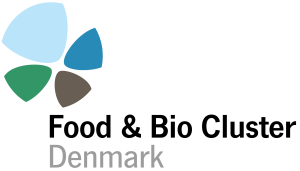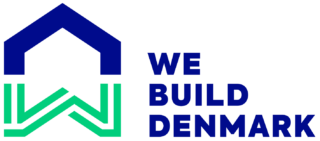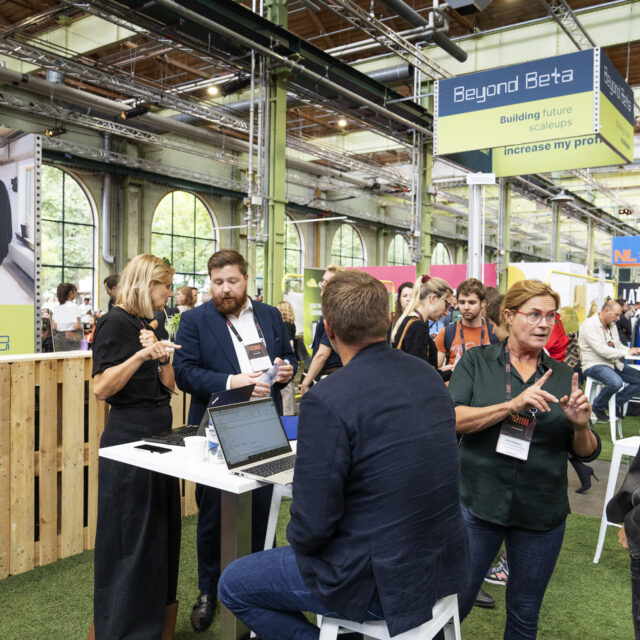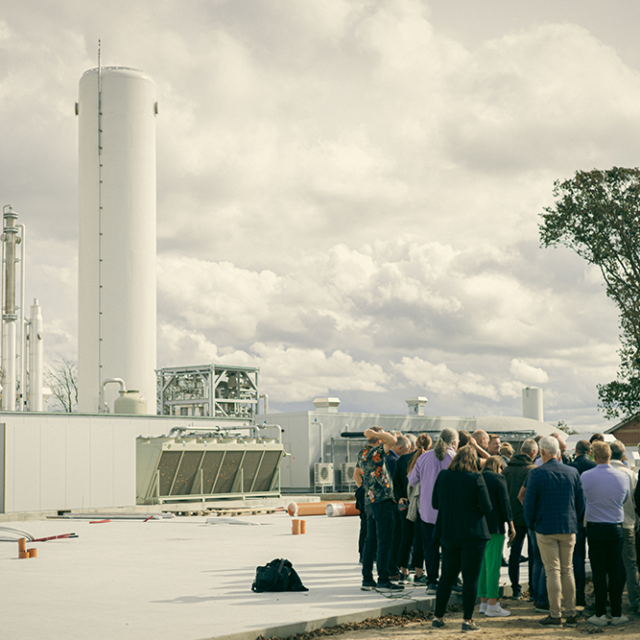Closing Loops
TOGETHER across industries and value chains, Closing Loops mobilizes SMEs to embrace the circular economy, lifting businesses through the implementation and scaling up of circular solutions. The partnership aims to test and demonstrate circular technologies and methods in sectors such as construction, textiles, furniture, food, and waste management.
Together for circular solutions
Closing Loops will contribute to Denmark’s transition to a circular and resource-efficient economy by
- Reducing waste, CO2 and tonnage
- Creating strong value chain collaborations across companies and organizations – especially building & construction, environmental technology, textiles, design and furniture, food & bioeconomy
- Lead the way for both Danish and international players
- Create new development and business opportunities
- Bring in environmental technology, digital technologies, new business models, products, take-back schemes, design methods, services, etc.
No company can become circular alone
A company can’t transform on its own, because value chains cut across industries. They rely on resource inputs from suppliers (upstream) and the sale of products to customers (downstream). Collaboration in value chains is therefore a prerequisite for SMEs to transition to a circular economy.
The main activities in Closing Loops
- Value chain collaborations: 27 collaborations were developed focused on reducing waste, CO2 emissions, and the need for new resources by tackling specific resource flows and residual flows in the sectors.
- Maturation and matchmaking: Identification and preparation of value chain collaborations and attracting companies through advice and presentation of support opportunities for circular transition.
- Feasibility checks: Offering feasibility assessments for companies to clarify the potential for circular value chain collaborations and ensure compliance with regulatory and market requirements.
- Cross-cutting advisory and development courses: Organizing workshops and seminars for participating companies focusing on circular business models, collaborations, and legislation to strengthen their circular maturity and efficiency.
Clean’s role
As part of a larger consortium consisting of other cluster organizations, Business Houses and the Danish Technological Institute, Clean runs four projects that will:
- CE18: Through the sorting of plastic and wood waste, followed by compounding and use in 3D printing of housing modules, these modules could effectively be included in a future return scheme.
- CE23: By using separation technology to recycle food and beverage cartons into their individual components such as cardboard, plastic and aluminum, these materials could be recycled into new raw materials in various industries, reducing CO2 emissions from cardboard and plastic.
- CE39: The project will redefine the deposit scheme in Denmark by implementing a system for washing and returning glass packaging, resulting in significant emission savings. Bornholm serves as a test area for the project.
- CE46: By transforming the waste material from the coffee industry (coffee grounds) into 100% naturally compostable disposable cups, the project will contribute to a sustainable waste-to-nutrient cycle.
Target groups
- Loop closers: Mature and adaptable SMEs in value chains with significant resource and waste streams. For example, collect/share resource and waste streams and create new products. Often work across traditional industries and value chains and can thus help create entirely new value chain collaborations.
- Waste makers: Companies and other actors with a significant footprint in the form of waste and resource flows that are not currently being put to optimal use. For example, a manufacturing company needs to meet current and future requirements and standards, and it cannot find relevant outlets in the general market.
- The market: Companies and other actors who want to use more sustainable materials, products, and solutions. They represent an important market segment for the primary target group. For example, a construction company that wants to use alternative materials and products but cannot find relevant suppliers in the mainstream market.
- Others: In addition, the project is aimed at entrepreneurs, subcontractors, consultants, knowledge institutions, and international players.
Want to be involved?
Contact Clean for more information on how you can get involved in this project and other circular economy initiatives.
Want to know more?
-
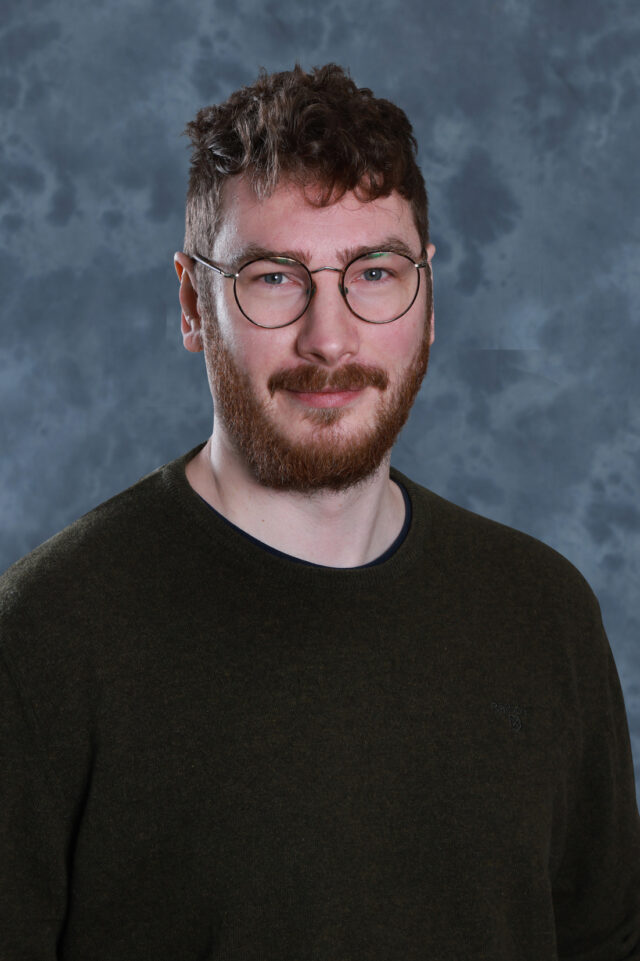
Sean Coogan
Project Manager
Tel +45 23 91 76 72
sec@cleancluster.dk
Linkedin -
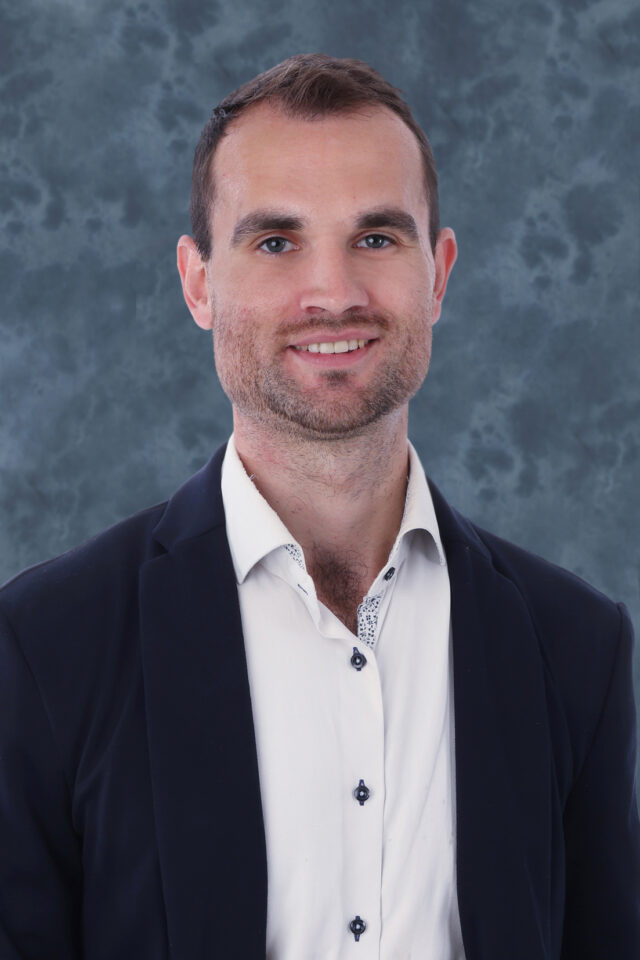
Anders Sloth Nielsen
Chief Project Manager
Tel +45 81 75 39 77
asn@cleancluster.dk
Linkedin
Partners
Other projects
All projects-
Trace
Trace contributes to Denmark reaching the national climate goals within the circular economy by 2050 with a focus on…
-
Beyond Beta – CleanTech Acceleration
In Denmark, we are among the world’s best at creating the framework for starting a business. However, newly…
-
CO2 Vision NeXt
The project is under the Lighthouse of Northern Jutland, CO2 Vision
-
COP – Cirkular Ocean-Bound Plastic
Ocean plastic pollution is a global problem that has serious consequences for marine wildlife and biodiversity, e.g.…



